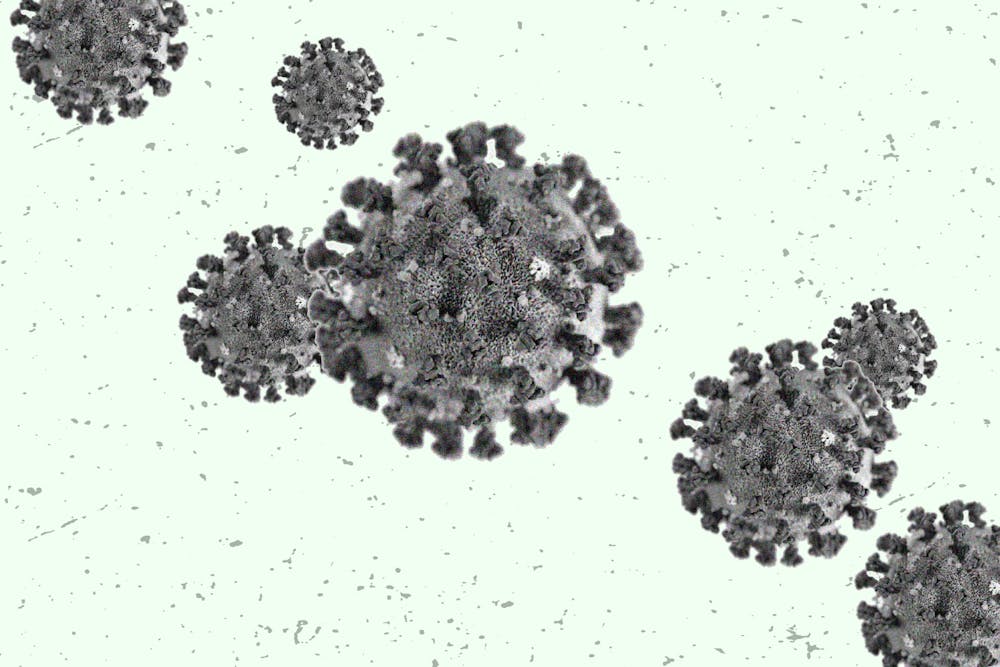The National Institutes of Health awarded a team of physicists from the School of Arts and Sciences and physicians from the Perelman School of Medicine a two-year $2 million grant for the development of a portable COVID-19 detector that can smell the disease’s unique odor profile.
The project, led by Rebecca Bushnell Professor of Physics and Astronomy Charlie Johnson, has already created a rapid, handheld device that is more than 90% sensitive and specific for COVID-19. Results come back within two to five minutes, Penn Today reported.
“Our goal is a system that can be easily and cost-effectively deployed in workplaces, restaurants, retail stores, stadiums — anywhere — to help get the world back to something that resembles normal,” Johnson told Penn Today.
Prior to the pandemic, Johnson collaborated with Cynthia Otto, director of the Penn Vet Working Dog Center, and George Preti from the Monell Chemical Senses Center to diagnose diseases, like ovarian cancer, using odor. When the pandemic began, Johnson and Otto shifted their efforts to see if they could train their disease-detecting devices to identify individuals with COVID-19, Penn Today reported.
As part of their research, Johnson and Otto identified people who had recently been tested for COVID-19 and analyzed samples from T-shirts the individuals wore overnight. In Johnson's lab, they "pushed" the aroma out of the T-shirts and used a sensor array to link specific volatile organic compounds signature to a disease state, Penn Today reported.
This method has been able to consistently detect the unique VOCs signature of a person with COVID-19 and determine if someone tests negative for the virus, according to Penn Today.
Although COVID-19 vaccines continue to be rolled out across the country, scientists are still working to confront the challenges posed by the pandemic before herd immunity is reached.
“We’re hoping to scale this up rapidly, and we think the technology could be useful not just against COVID-19, but also against future pandemic illnesses,” Penn Medicine emergency care doctor Benjamin Abella told Penn Today.









